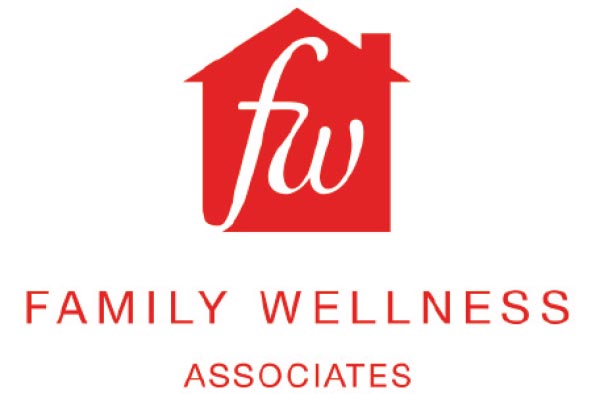Survival Skills
SUMMARY DESCRIPTION OF THE FAMILY WELLNESS PROGRAM
Family Wellness is a quickly learned and easily adapted program, which has proven effective in a variety of communities, cultures, and languages. It is currently used for prevention and intervention in the areas of domestic violence, drug, alcohol, and child abuse. Some additional applications are for relative caregiver families, Stepfamilies, in chaplaincy/military programs, families in gang-impacted neighborhoods, for teaching conflict resolution skills to youth and families, for teen parents, for family preservation programs, as well as for parents who want to get back in charge of their children and their lives.
Some information about the course
The basic: “Survival Skills for Healthy Families” is a sixteen-hour Family Wellness program presented to large groups of families and individuals in a series of eight two-hour
Map for Healthy Families
Parents As Leaders in Healthy Families
Parents As Models in Healthy Families
Children in Healthy Families
Adult Relationship in Healthy Families
As Children Grow-Change in Healthy Families
Solving Family Problems
Values: Preparing Your Child for Life
Each session is organized around practical guidelines for healthy family interactions, which are demonstrated and then practiced with the participants. There are over 20,000 trained instructors presenting this course to over 2,000,000 families since 1980. The course is a proven model for teaching skills, enhancing healthy family interactions, and investing family members in each other and their community.
Benefits
The Family Wellness Program has specific benefits for a variety of settings:
1. A Structure that provides focus and skills for counselors and agency personnel.
2. Effective Prevention: Stops problems before they start.
3. Provides supportive structure for families with the additional stresses of drugs and of violence in the community.
4. Packaged and easily implemented program for targeted populations.
5. Focus on management of children and stronger couple’s relationships.
6. Meets most legal and program requirements for court ordered abuse cases (spousal, child, and drug/alcohol abuse).
7. Gives parents the skills and support for managing their children.
8. Provides a supportive program for family members to acquire skills for managing their lives and building health in their families.
9. Trains counselors, teachers, clergy, and support personnel who have the credibility in their respective communities or setting to provide the skills on site.
10. Provides a framework and skills for interactive teaching through the use of role-play, coaching, sculpting, among other strategies.
11. Gives counselors, agency staff, school personnel, and clergy the skills and practice to work effectively with difficult youth and family situations.
12. Additionally, local Law Enforcement benefit (as indicated in San Jose, Hollister, and other cities) from lower truancy and burglary in gang neighborhoods resulting from stronger families where kids are managed by their parents.
Family Wellness takes groups of individuals and families and gives them the skills, support, and practice to build on their existing healthy patterns and add new ways of living and working together. The course, which was developed in 1980, represents two interests:
First: Our belief is that in order for families to reclaim their pivotal role in providing for the health of their members, they need new tools and supports to handle the challenges in our current society.
Second: Our wish to translate the knowledge and skills of family therapy into a readily available and effective program to help support families.
History
Developed in 1980 by Virginia Scott and George Doub, the “Survival Skills” course originally was presented in various rural and urban settings using school and community sites throughout Santa Cruz and Santa Clara counties in California. One of the first series was presented in Spanish and English in Watsonville, CA. Some of these first courses were targeted for teen parents in high schools, Spanish speaking groups, and at-risk families in East San Jose.
